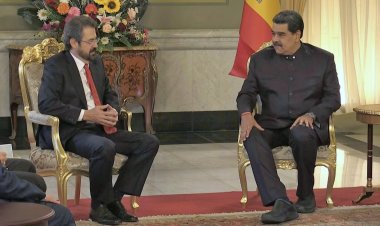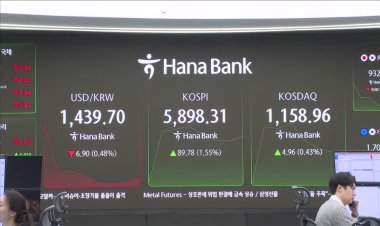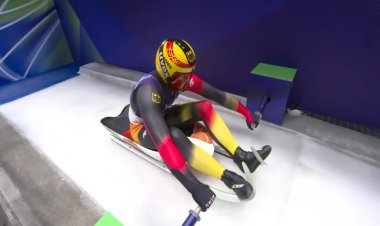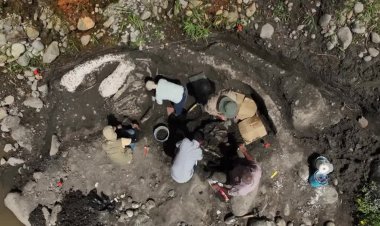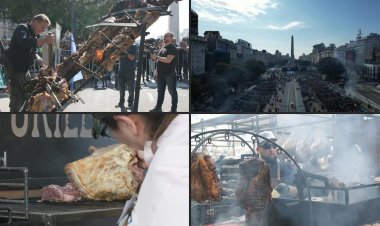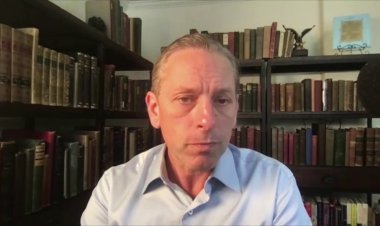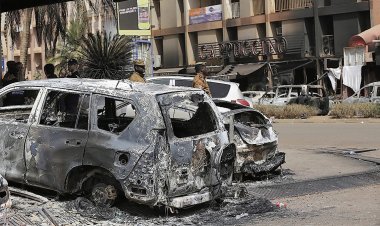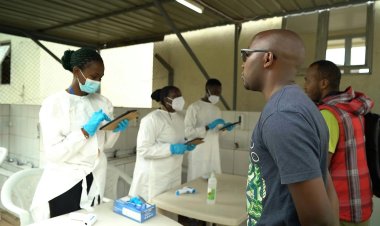Displaced Women in Lebanon Get Aid
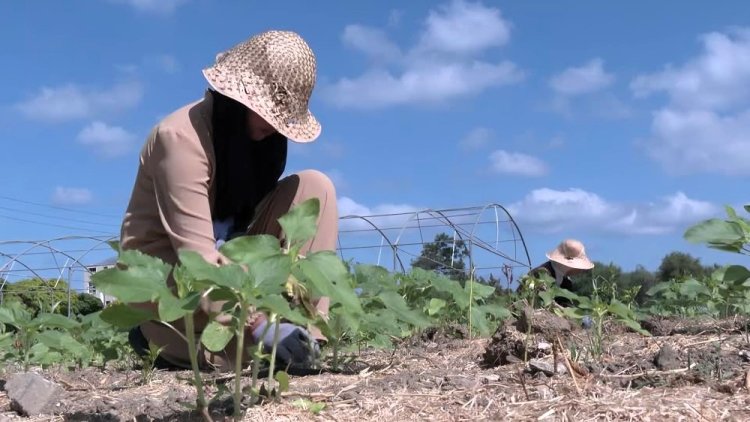
Women displaced from their homes along the southern Lebanon border fearing an Israeli military offensive have been sheltering in the coastal city of Tyre in a center partially funded by the United Nations.
The Agricultural Movement in Lebanon aims to help women who have lost their homes to achieve resilience, equitable access to food, and empowerment through preservation, environmental conservation, and teaching best practices in ecological farming.
Coordinated by Tyre's Disaster Management Unit, part of the district municipalities union, the initiative is helping 225 displaced women working a 40-day cycle to cultivate the land. After that the Unit takes on a new group of women.
“The focus is on seed production, with the goal of teaching the participants to cultivate and harvest seeds that can be replanted in subsequent seasons,” says Sarah Salloum, Head of the agricultural movement in Lebanon.
The initiative comes at a crucial time for the Tyre district, which currently hosts approximately 28,100 displaced people, about 7,600 families, due to the rising tensions between Hezbollah and Israel.
Salloum said the women will also get psychological support from the International Labor Organisation at the end of the 40-days.
The leader of Hezbollah last week pledged a "strong and effective" response to the killing of its military commander by Israel the previous week no matter the consequences and said Hezbollah would act either alone or with its regional allies.
Nearly 100,000 Lebanese, mainly from the south, have been displaced, as well as more than 60,000 Israelis, according to official figures.
While Israel houses its displaced in government-funded accommodation, Lebanon relies on ill-equipped public schools or informal arrangements such as staying with family or friends.
The Agricultural Movement in Lebanon strives to take women out of the cycle of aid and help them provide for themselves and their families in the shadow of a deepening conflict.






